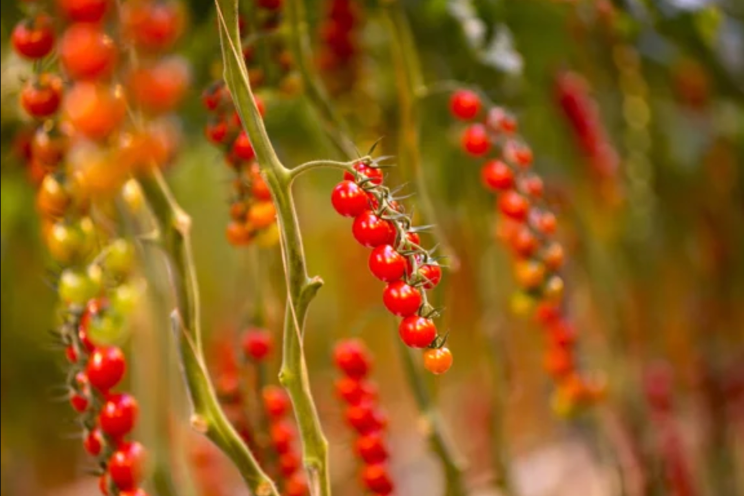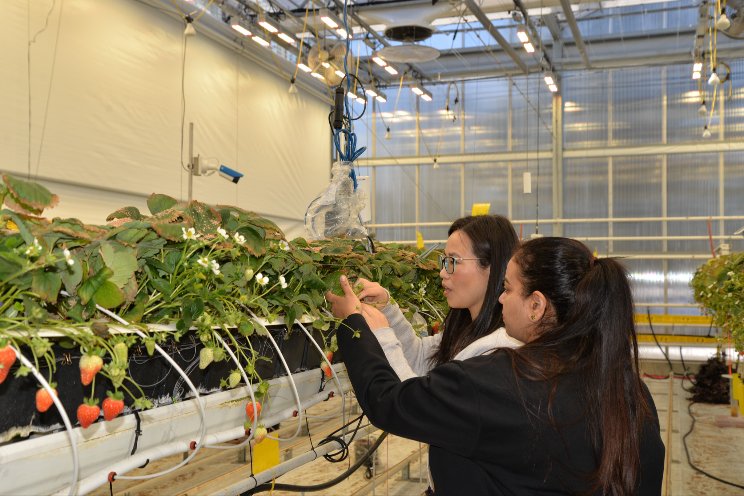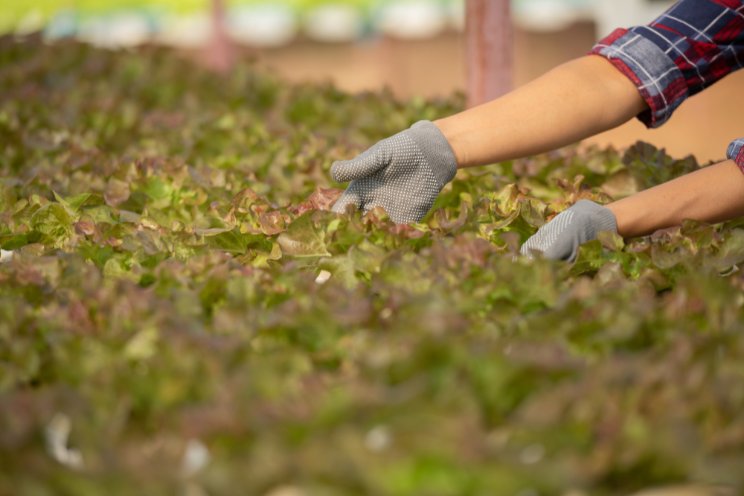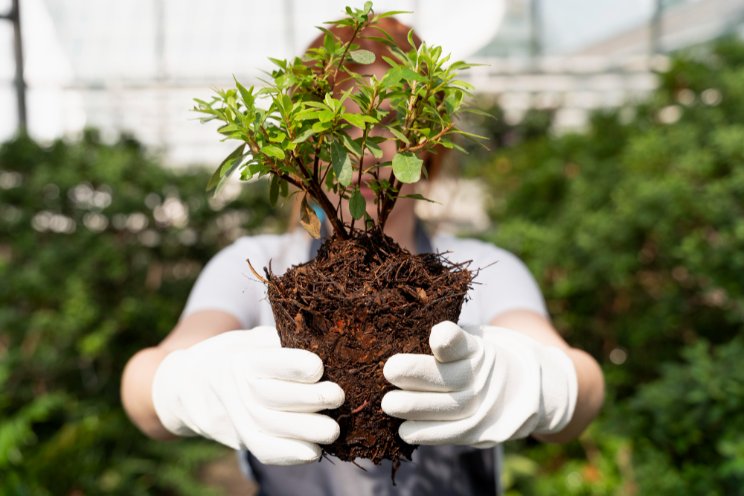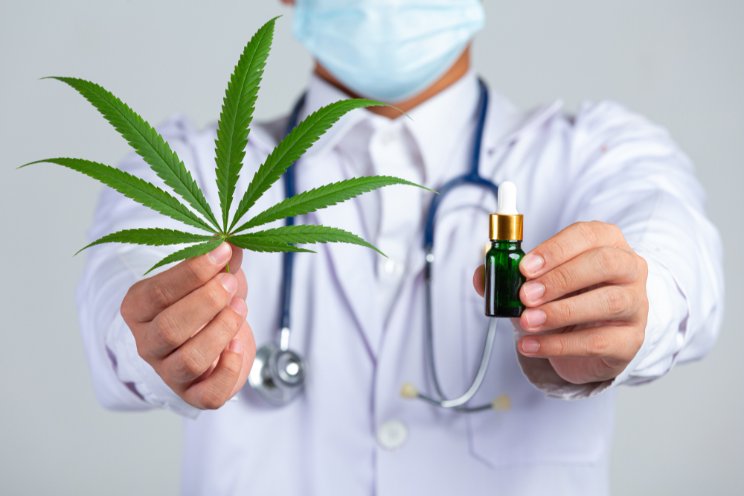Aquaponics systems to grow food
Added on 29 February 2020
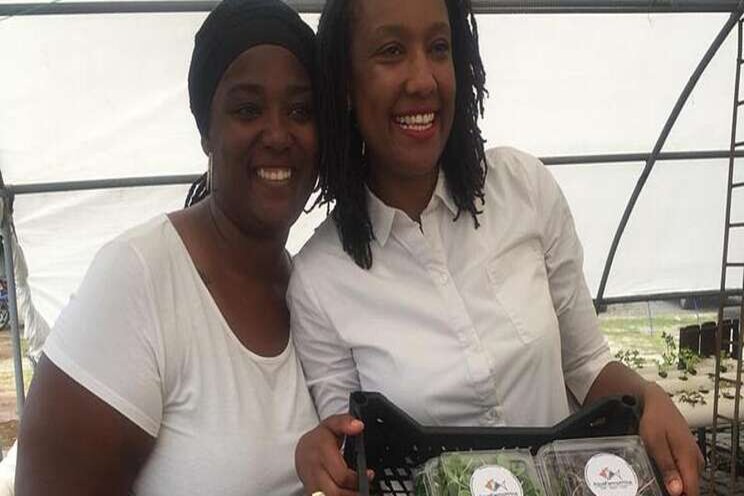
Many consumers are making choices to improve our food system whether they are buying imperfect produce or lab-grown beef. Consumers with the disposable income to do so are increasingly choosing organic options. Market research indicates that the global market for organic foods will continue to grow by 15% annually through 2024.
Two entrepreneurs are not just changing their consumption patterns; they are fixing the system. Bequita Mahama and Wiatta Thomas met in an online African repatriation group, a forum for people in the African diaspora thinking about moving to the continent. They realized that they both shared a passion for economic development and an idea that aquaponic agriculture could be a good tool for increasing incomes and reducing food insecurity.
"I needed to figure out how to grow food while being environmentally conscious and to remedy those [economic and environmental] problems, so that I could not only grow food for my family but also be a service to those in my community. After much research and trials, aquaponics was the answer," said Mahama.
Instead of becoming competitors, they joined forces and co-founded AquaFarms Africa. Mahama had the technical expertise in aquaponics and Thomas had been building businesses in Guinea for years.
Source and Photo Courtesy of Forbes
Source: Forbes
More news
